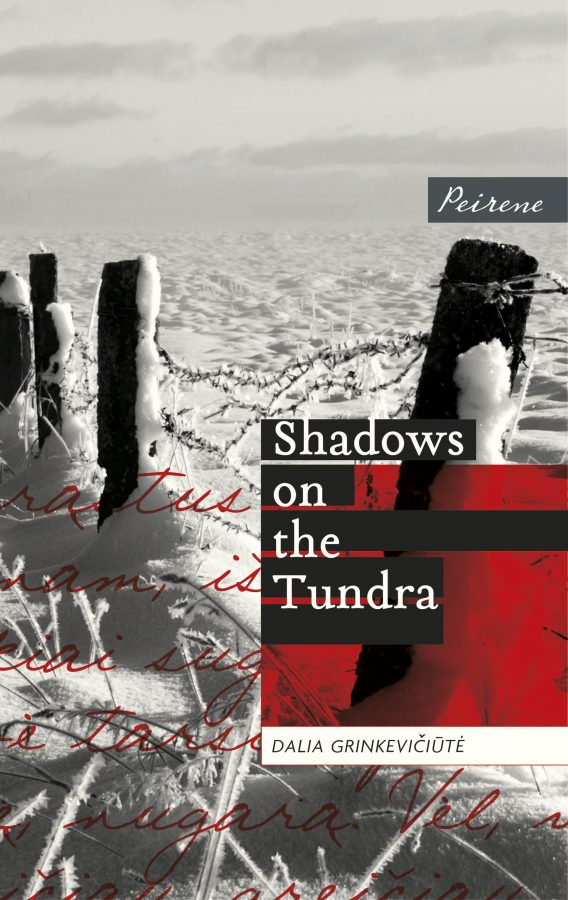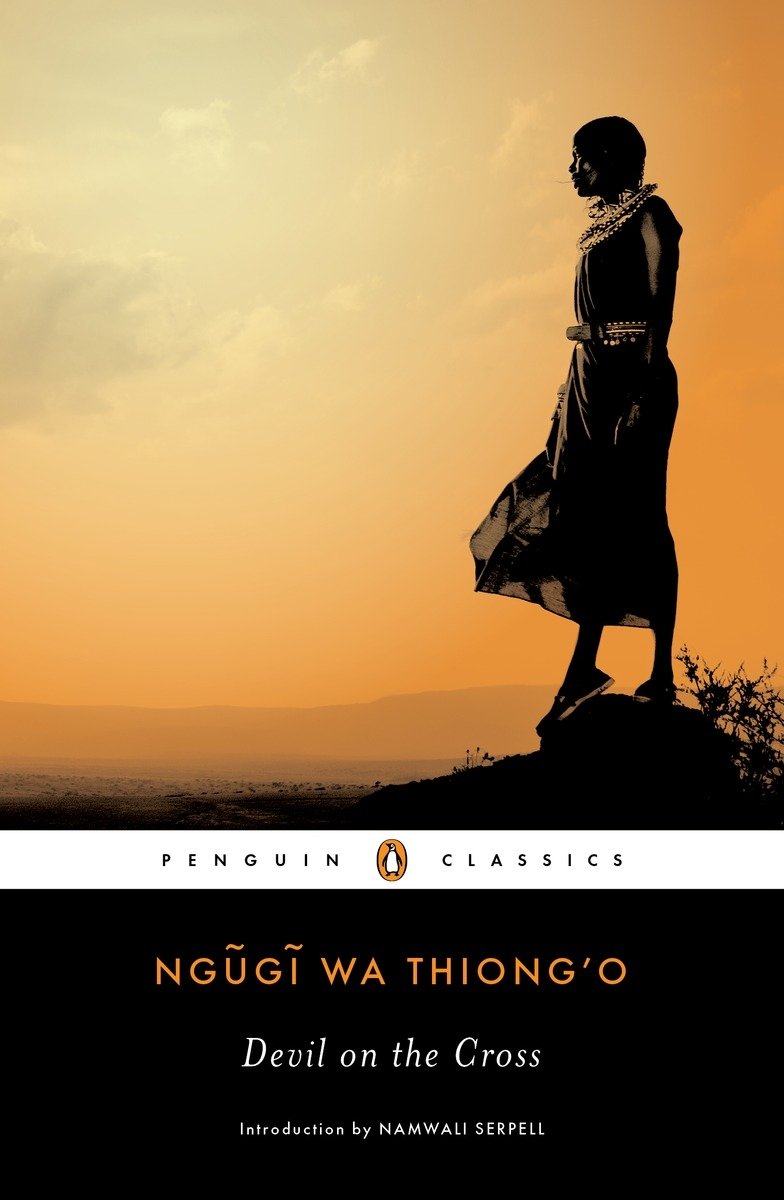Narrated by a young Tuvan shepherd boy, living in the Altai Mountains close to the Russian border, The Blue Sky is the first part of the trilogy of autobiographical novels by Galsan Tschinag (Irgit Schynykbajoglu Dschurukuwaa) which is followed by The Gray Earth and The White Mountain.
Who would have thought that a passerby old woman with shaven head would mark a little boy with her personality and stories while the boy comes of age. Grandma (no one knew her actual name)—after as a passerby, caught by dogs—comes as an unexpected guest, and receives a warm hospitality from the Schynykbaj and Balsyng (Father and Mother of Dshurukuwaa ) and their ail. But what captures her heart is the young Dshurukuwaa—still a toddler, and tethered to the bed. On her following visits, the bond between her and the family grows stronger, but after an impassable river hinders her return and on receiving unwelcoming and estranged remark from her sister she finally settles with the family in their yurt. The family takes her in as a mother, and Dshurukuwaa is finally comforted that the Grandma is going to live with them. Grandma wishes that the flock belonging to her will be inherited by the boy. Now having his own small hendse to look after, young Dshurukuwaa dreams of having his own flock, his own yurt and Grandma by his side, whose love and stories enchant him so much, but her elusive premonitions on one's frail and aging body he can't understand.1,2
1. I asked her a thousand questions a day, and she never tired of explaining to me all the things I came across and didn't understand, just as she never tired of telling her stories.
2. "I won't get any older. Rather, I will grow younger, ever younger and smaller, until I am a baby again. Once that has happened, I'll hasten back, back to you."
The text embraces both the landscape and rituals of the Tuvan people. It is as if the aroma of the Steppe is flowing in the story—some descriptions resonating the earth. The playfulness of the child and his way to understand the world around arouses love for him and the sentiments and perceptions of the tribe could be well understood.
In one of their seasonal settlements, families having close ties build their yurts together to form an ail. Set in 1940s, Soviet influence has become a popular cultural thing and has even reached their ail where other relatives think themselves of the new era—smoking made some—want to join the communist party, and think that one doesn't need to tend animals to survive—the only source of living among the nomadic tribe then. Dshurukuwaa's family has the most flourished herds than other families, but that doesn't earn them any reverence as in the past, when having large flock of animals made someone a great community figure. Cummunity titles have been overthrown by the soviet regime, or rather been denounced as bourgeois. It seems that, except for their family, traditional moral and values holds little for others—a cold seeping between the families—while Schynykbaj is trying to maintain an ideal nomadic life Tuvans have lived before and he has had known. All this is told through the eyes of a child, who has little known the outside world, and still trying to understand the myths and inheritance of his tribe, surprised by what his Grandma has to say.
One afternoon first thought to be a Darga, a teacher arrives to their ail but even after persuading Schynykbaj's sister and brother's family he could only manage to get few names ready to enroll the school (probably, a soviet style boarding school) in the sum. To this, Schynykbaj proposes his son's name too, who is still a year less than what is demanded for the enrollment. This comes as a surprise and also as a nuisance to other families, some unwilling to give away their children to education, thinking that Schynykbaj is greedy for the prospects the education brings—especially salary, and money. But, the idea that his brother and sister is going to part away from him strikes the young Dshurukuwaa the most—he never understands why father let the siblings go who can now be of much help—who'll be now left with his dog Arsylang to herd the flock and make excursions3, but soon the prospect of sweets and new clothes sent by his siblings would make him happy and their tale of the novelty would make him surprised, though their departure saddens and their arrival excites him each time they come home, which he shares with his dog. A little later, the relatives move to the sum centre, leaving behind the Schynykbaj's family who's still busy all day long tending sheeps, cows, horses, collecting dung, gathering hay, preparing for the change of season and is continuing through the arduous way of living, still relished.
3. On windless Sundays we hiked up to the top of Doora Hara. From there everything was visible as if in the palm of my hand. The big rivers that were now covered with ice and snow and were glinting in places; the ails along the bank on this side of the Ak-Hem; Tewe-Mojun, the Camel's Neck, and Saryg-Höl, the Yellow Lake, both brought into being by Sardakpan, the giant hero and creator of the Altai Mountains…
Now, alone, Dshurukuwaa would take his flock to pastures accompanied by his dog Arsylang, whom he would talk to and play with, and share his dreams and fantasies. He would talk to the sky and the mountains making wishes for his siblings, his Grandma and for himself—he wants to be a brave and rich herder with a thousand sheeps. But, shortly a tragedy
befalls the family: Grandma passes away, leaving a spiritual hollow inside
Dshurukuwaa, who thought Grandma would be with him to share his dreams coming
true.4 The changes influenced by the soviet's political and cultural dominance has not been shown as an overtly disaster, rather still disintegration of the tribe likely to come because of the new ways and values is something accounted as a cultural and tribal loss, while the dreamy and tender world of Dshurukuwaa slowly shows signs of harshness.
4. Would I one day become a teacher or even a darga and live off a salary rather than livestock? In that case, would I live in a shack made from larch logs and smeared with clay, just like the elegant people in the sum centre? Which meant, didn't it, that I would never have a yurt of my own, would never put it up and take it down and move with it through the four seasons and across the four rivers, from the mountains into the steppe, over to the other mountains, to the lake, and back?
Following winter, for three of them, it is hard to save the flock from diminishing and dying because of the cold, but it passes though with a substantial loss. Towards the end of the story, Arsylang becomes a victim to a poison-trap set by Schynykbaj for foxes and wolves. And now, having lost his only faithful and loving companion, Dshurukuwaa rejects the Blue Sky, their revered god, for not saving the losses and not blessing him, marking a tragic ending to the story.
The Blue Sky, is a young boy's firsthand experience of growing in the rural tuvan region, his endeavor to understand love and loss, taking them to his heart and seeking to figure out and adapt the world and people around him, when unexpected changes are shadowing and many things are losing its grip. The voice we hear of a child is enchanting and truthful, and as pure as long held tuvan oral tradition of passing stories to generations—the animism is celebrated, and storytelling tradition is held high.
The afterword by the author further nourishes the story, and widens the scope of the trilogy. Is it inspiring to hear him say: "I have been a gatherer, hunter, and herder; a school boy, a university student, and a professor; a trade union journalist, a shadow politician, and quite more things. Today I am a chieftain of a tribe, a healer, an author, a father and a grandfather…" It is awe-inspiring to know his roots and story.
Author: Galsan Tschinag
Translator: Katharina Rout
Publisher: Milkweed Editions
Page Count: 224
Price: $ 15




